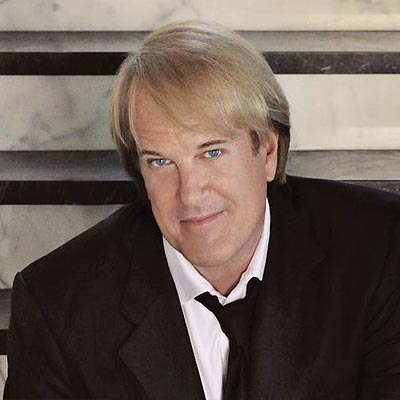San Francisco County Supervisor Matt Dorsey, a Democrat and former addict, is calling for “mass arrests, detox, and treatment” of open-air, often homeless drug users in his district. Dorsey says letting people languish on the streets amounts to “drug enableism and neglectful cruelty,” and that the arrests and involuntary holds should be “approached as life-saving interventions.”
Dorsey’s calls for arresting 100 of the 6th Street Corridor’s estimated 200 drug users “per night for offenses related to public drug use, intoxication, and/or possession” come just days after the start of consolidated city-county’s ban on cash welfare for addicts who refuse substance abuse treatment.
Dorsey noted “even the most conservative” estimates say untreated drug addiction costs San Francisco more than $1 billion per year, and doubled down on his call for a rapid adoption of Proposition 36 enforcement measures.
“I am optimistic that more recently enacted laws like Californiaʼs SB 43 (used to compel individuals into drug treatment under certain circumstances) and Proposition 36 (which creates Treatment-Mandated Felonies, or TMFs, for repeated misdemeanor drug possession offenses) offer new hope for much-needed progress,” wrote Dorsey in a letter to city-county leaders. “As someone in recovery from drug addiction myself, I know I’m not alone among recovery community members in believing strongly in the life-changing possibilities of drug treatment – including court-mandated treatment – and long-term recovery.”
“I believe it is past time for San Francisco to move boldly beyond its civic practice of drug enablism and neglectful cruelty,” continued Dorsey. “New approaches are needed to restore order to our streets; to diminish the attraction San Francisco now holds as a destination city for drug use and drug dealing; and to make consequential and lifesaving interventions in drug-related behavior that is deadlier and more costly than ever before in human history.”
Prop. 36, passed by more than two-thirds of voters and the majority of voters in every county, allows prosecutors to pursue felony charges for serial thieves and major drug crimes after Prop. 47, passed in 2014, made many only chargeable as misdemeanors that would be rarely prosecuted.
Prop. 36 also created a new class of crime called “treatment-mandated felony” that would allow individuals to complete mental health or substance abuse treatment instead of going to prison; this portion of the measure is targeted at the state’s homeless population, which includes many individuals who refuse services and treatment for addictions and disorders.
Unsheltered homeless individuals in San Francisco refused 60% of the city’s 1,530 offers for free shelter earlier this year, hightlinting the extent to which “service resistant” individuals are prevalent among unsheltered populations.
Fatal drug use remains a major issue in the state and is the main driver of rising mortality rates; In California, mortality rates for residents between the ages of 15 and 44 is higher than pre-pandemic levels, with 60% of the increase from drug overdoses – largely from fentanyl.






